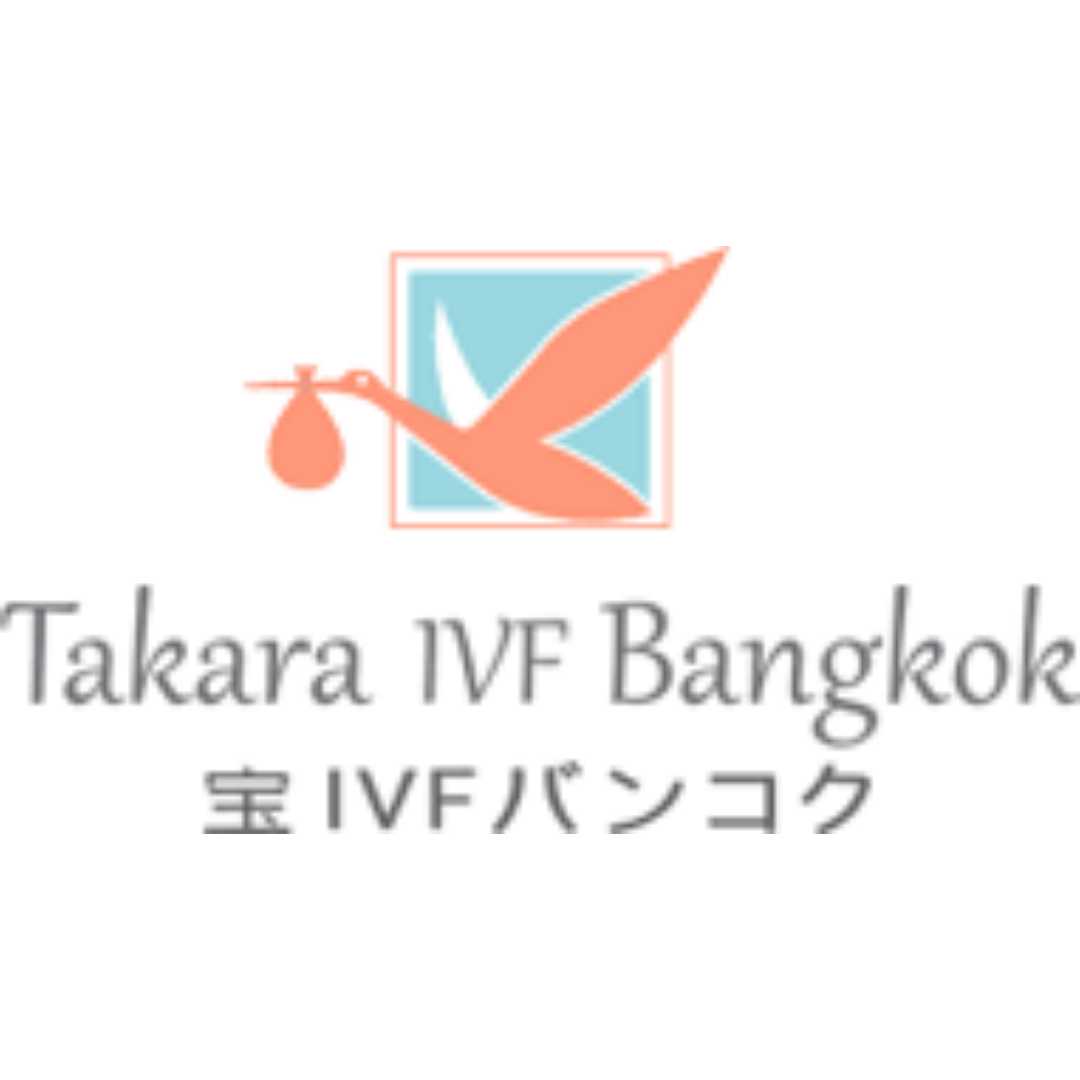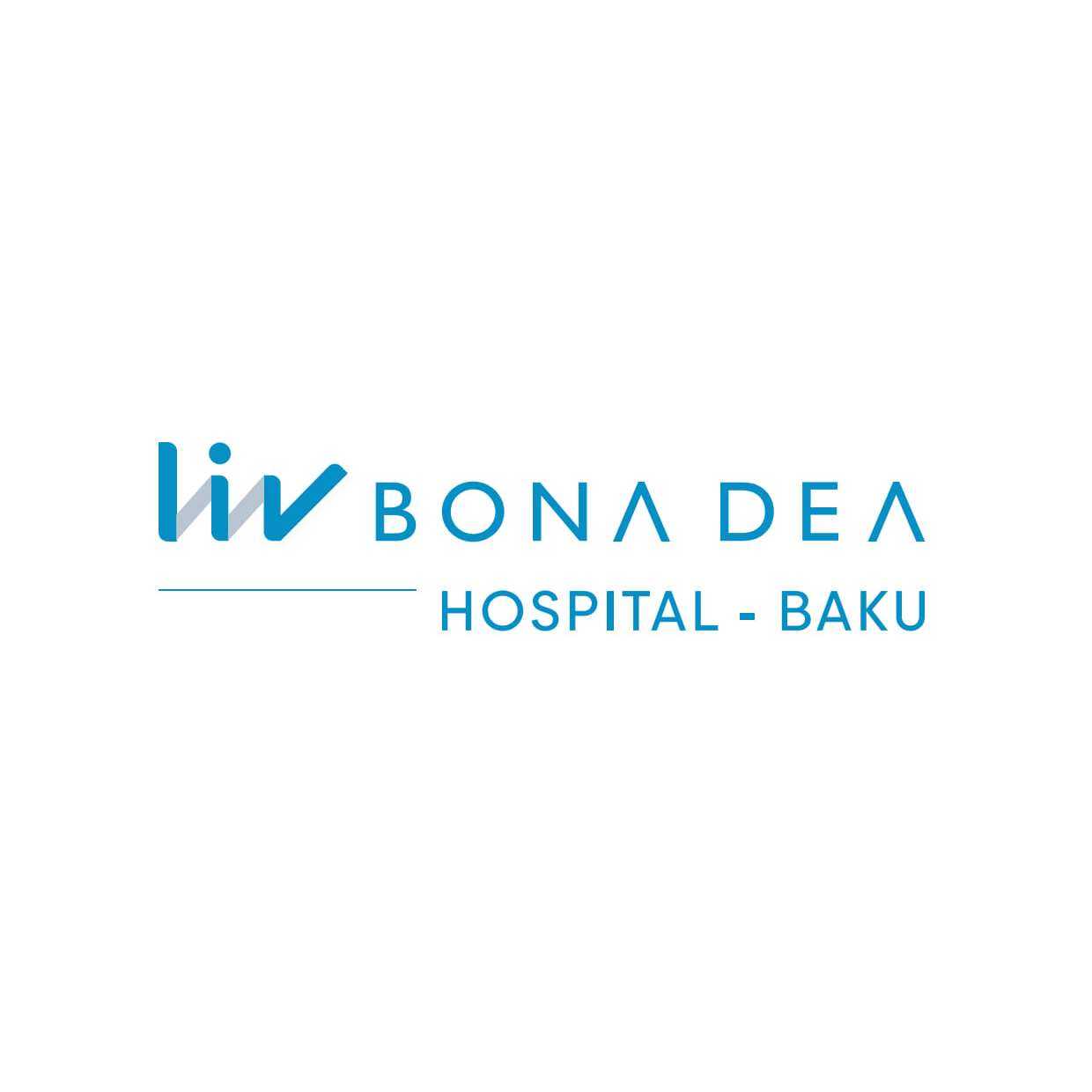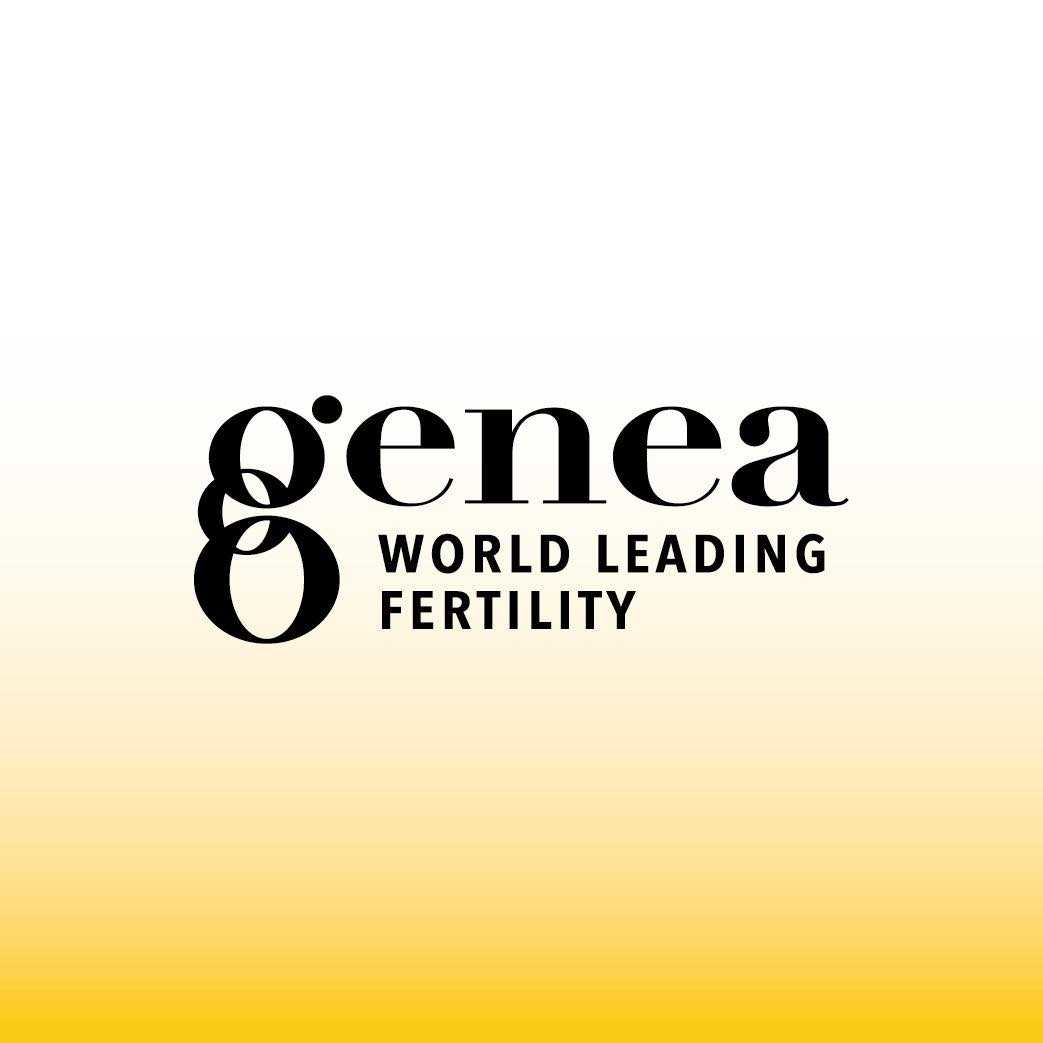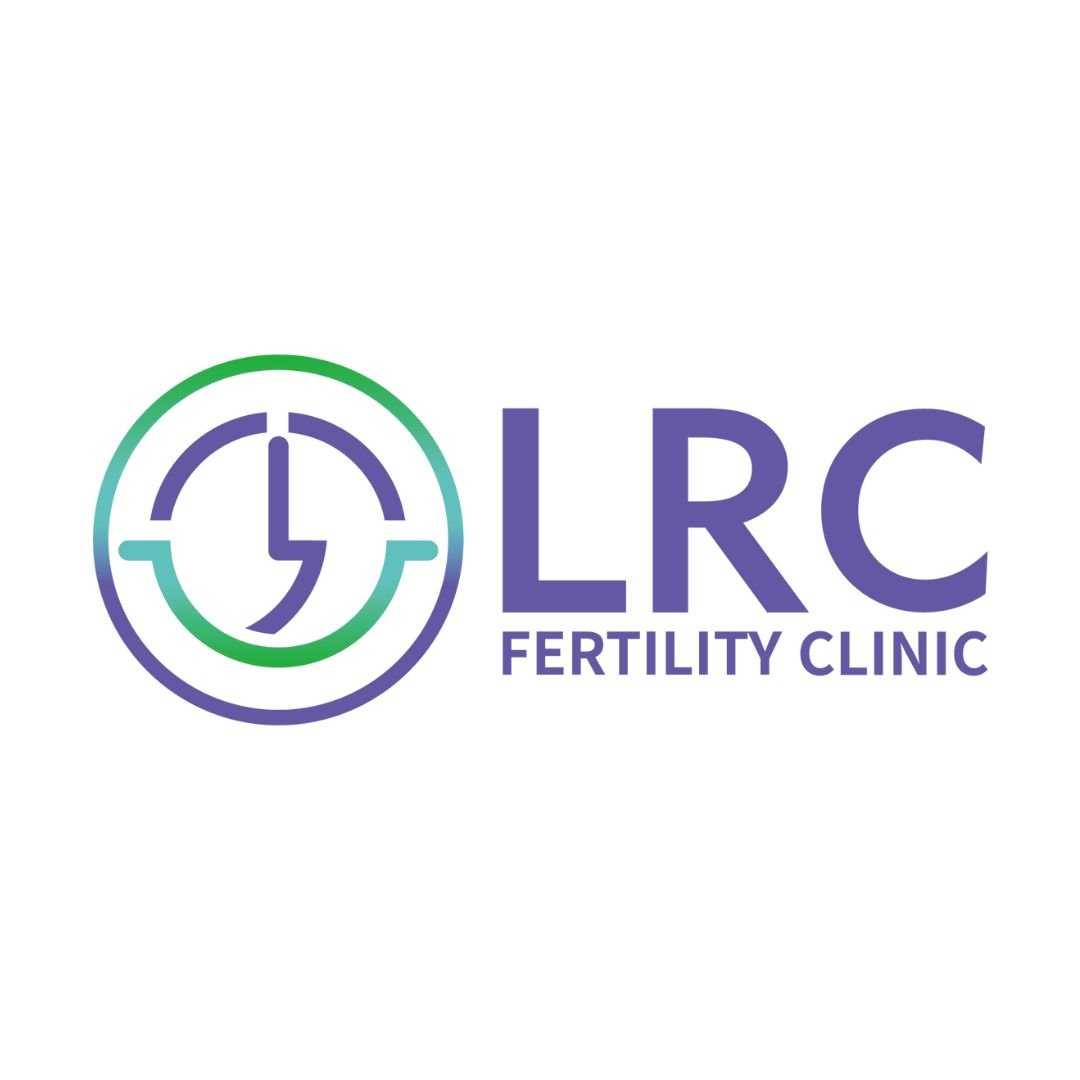
Embarking on the journey of In Vitro Fertilization (IVF) is a significant life decision, with the choice of destination playing a crucial role in the overall experience, cost, and outcome. For many intended parents, the options can be overwhelming. This in-depth comparison delves into the specifics of pursuing IVF in Thailand versus the USA, offering a clear, data-driven analysis of critical factors including treatment costs, success rates, legal frameworks, and the quality of care to help you make a confident and informed choice for your family-building journey.
Choosing Your Path to Parenthood: Thailand's Affordability vs. USA's Innovation
Thailand has firmly established itself as a premier global destination for medical tourism, attracting patients with its exceptional blend of high-quality, internationally accredited hospitals and significantly lower treatment costs. For IVF treatment, this translates to potential savings of up to 70% compared to the US, without compromising on medical expertise or advanced technology. The appeal of a serene, welcoming environment for a potentially stressful period is an added, undeniable advantage for many international patients.
The United States, on the other hand, stands as a world leader in reproductive research and cutting-edge fertility treatments. It is home to some of the world's most renowned fertility specialists and pioneering research centers. While the costs are substantially higher, the access to groundbreaking treatments, a familiar legal landscape for residents, and a vast network of clinics are key considerations. The choice ultimately hinges on a careful balance of budget, desired technology, and personal comfort.
IVF Treatment Comparison: Thailand vs. USA
Key Capabilities: Understanding Strengths in Thailand and the USA for Fertility Treatment
Thailand's Strengths in Reproductive Medicine
Thailand's key capability lies in delivering world-class fertility treatments with an exceptional level of patient care at a fraction of the cost in Western countries. This is achieved through lower operational costs and strong government support for medical tourism. Key strengths include:
- Exceptional Value: State-of-the-art technology and internationally trained specialists at a highly competitive price point.
- Holistic Patient Care: Renowned for its compassionate, patient-centric approach, which helps reduce the stress associated with fertility treatments.
- Advanced Labs and Technology: Top clinics in Bangkok are equipped with the latest embryology labs, rivaling the best facilities in the world.
- Seamless Patient Journey: A well-developed infrastructure for international patients, including dedicated coordinators, translators, and travel assistance.
USA's Strengths in Fertility Solutions
The United States is at the forefront of reproductive research and technological innovation. Its strengths lie in its vast network of specialized clinics and its role in pioneering new fertility techniques. Key advantages include:
- Cutting-Edge Research: Access to the very latest advancements, clinical trials, and innovative treatments for complex infertility cases.
- Specialized Expertise: A deep pool of sub-specialists focusing on specific fertility issues, offering highly tailored treatment plans.
- Robust Data Reporting: The SART (Society for Assisted Reproductive Technology) provides comprehensive, clinic-specific success rate data, offering a high degree of transparency.
- Diverse Donor Options: Home to some of the largest and most diverse egg and sperm donor banks in the world.
IVF in Thailand: Pros and Cons
Pros of IVF in Thailand
- Significant Cost Savings: One of the biggest advantages of undergoing IVF in Thailand is the substantial cost difference compared to Western countries. On average, IVF treatment in Thailand costs between $5,000 and $9,000 USD per cycle (excluding medication), offering savings of up to 70% compared to IVF in the USA or Europe.
- High-Quality Medical Care: Thailand is home to many JCI-accredited hospitals and fertility clinics equipped with advanced reproductive technologies. Many fertility specialists in Thailand are internationally trained, often in the USA, UK, or Australia, ensuring world-class expertise and success rates comparable to Western standards.
- No Waiting Lists: Unlike some Western countries where patients experience long waiting times for fertility treatments, IVF clinics in Thailand often have immediate availability, allowing international patients to start treatment cycles promptly.
- Relaxing Environment: Undergoing IVF in Thailand allows patients to recover in a peaceful and rejuvenating environment. With renowned destinations like Bangkok, Phuket, and Chiang Mai, Thailand combines top-tier medical care with a relaxing, tourism-friendly atmosphere, helping reduce emotional stress during fertility treatment.
- Excellent Patient Services: Clinics specializing in IVF in Thailand are known for their personalized, patient-centric care. They provide English-speaking coordinators, 24/7 assistance, transparent pricing, and travel support, ensuring a smooth and comfortable experience for international patients.
- Advanced Treatment Options: Leading fertility clinics in Thailand offer access to advanced reproductive technologies such as ICSI (Intracytoplasmic Sperm Injection), PGT-A/M (Preimplantation Genetic Testing), cryopreservation, and fertility preservation, providing patients with a full spectrum of assisted reproductive solutions at affordable rates.
Cons of IVF in Thailand
-
Travel and Accommodation Costs: While treatment costs are lower, patients must account for travel to Thailand, accommodation, and other personal expenses, which can add to the overall budget—especially for those coming from distant regions like the US or Europe.
-
Time Away From Home: A full IVF cycle in Thailand typically requires staying for 2 to 3 weeks, covering stages from ovarian stimulation to embryo transfer. This can be challenging for individuals balancing work, family, or other commitments.
-
Legal Restrictions: Thailand maintains strict fertility laws, particularly concerning surrogacy and gender selection. Commercial surrogacy in Thailand is prohibited for foreigners, and gender selection is only allowed for medical reasons, limiting certain options for international patients.
-
Distance for Follow-Up: After completing treatment in Thailand, follow-up appointments or monitoring must often be handled by a local doctor back home, which may require additional coordination between clinics. Some patients may also face logistical challenges if frozen embryos or medical records need to be transferred internationally.
-
Quality Variation Among Clinics: While Thailand has many reputable, internationally accredited fertility centers, the quality of IVF clinics in Thailand can vary. It’s crucial for patients to research, read reviews, and verify accreditations before choosing a provider to ensure optimal care and success rates.
-
Cultural and Legal Differences: Navigating medical consent forms, fertility laws, and local regulations in Thailand may differ from what patients are accustomed to in their home countries, necessitating careful review and consultation with clinic advisors before proceeding.
IVF in the USA: Pros and Cons
Pros of IVF in the USA
- Leading-Edge Technology: Unparalleled access to the latest advancements and clinical trials in reproductive medicine.
- Highly Transparent Success Rates: Standardized reporting through SART allows for easy comparison of clinic outcomes.
- Insurance Coverage: Some states mandate insurance coverage for fertility treatments, which can significantly offset costs for eligible residents.
- Convenience for Residents: No international travel is required, allowing patients to stay close to their support system.
Cons of IVF in the USA
- Extremely High Costs: The financial burden is a significant barrier for many, with costs being among the highest in the world.
- Opaque and Itemized Billing: All-inclusive packages are uncommon, making it difficult to predict the final cost.
- Potential for High Out-of-Pocket Expenses: Even with insurance, deductibles, co-pays, and non-covered services can add up quickly.
- Less Personalized Experience: The high volume at some clinics can sometimes lead to a less personal, more clinical patient experience.
Patient Experience: What to Expect During Your Fertility Journey Abroad
The patient experience in Thailand is defined by its warmth and meticulous attention to detail. International patient departments act as a personal concierge, assisting with everything from airport transfers to accommodation and local tourism. The focus is on creating a calm, supportive, and stress-free environment, allowing you to focus solely on your treatment. Communication is seamless, with highly proficient English-speaking medical and support staff.
In the USA, the experience is highly professional and medically rigorous. The process is efficient but often leaves the patient to manage the administrative aspects, such as coordinating with insurance companies and scheduling various appointments. While the quality of medical care is exceptional, the journey can feel more transactional and less holistic compared to the patient-centric model popular in Thailand.
Real Patient Stories: Journeys to Parenthood
Anna & Mark, Australia
"The cost of IVF in the US was just out of reach for us. We chose Thailand and were blown away. The clinic was like a 5-star hotel, and the doctors were so attentive. We are now expecting twins and spent less than half of what one cycle would have cost in America."
Emily & David, UK
"We found our dream fertility clinic in Thailand through PlacidWay. The all-inclusive package made budgeting so simple. The care was incredible, and the success rates were just as good as the top clinics in the US. We felt so cared for throughout the entire process."
Jessica, USA
"After two failed cycles in the US, the financial and emotional toll was huge. A friend recommended looking into Thailand. The approach was different—so much more personal. It worked! I'm now a mother, and I truly believe the less stressful environment made all the difference."
Frequently Asked Questions About IVF in Thailand vs. USA
Are the success rates for IVF in Thailand really as good as in the USA?
Yes. Leading fertility clinics in Thailand invest heavily in technology and talent, achieving success rates that are comparable to, and sometimes even exceed, those of top clinics in the USA. They adhere to the same medical protocols and quality standards.
Do I need to speak Thai to receive treatment in Thailand?
No. Major international hospitals and fertility clinics in Thailand have highly proficient English-speaking doctors, nurses, and dedicated international patient coordinators to ensure communication is clear and seamless.
How do I choose a reputable fertility clinic in Thailand?
Look for clinics with international accreditations like JCI, experienced fertility specialists with international training, transparent pricing, and positive testimonials from other international patients. Using a trusted medical tourism platform like PlacidWay can help you connect with pre-vetted, high-quality providers.
Is gender selection allowed in Thailand or the USA?
In the USA, gender selection via PGD for family balancing is widely available. In Thailand, the law currently restricts the use of PGD for gender selection for non-medical reasons, though it is permitted to screen for gender-linked genetic diseases.
How long should I plan to stay in Thailand for an IVF cycle?
You should plan for a stay of approximately 15 to 21 days. This allows for the complete cycle, from initial consultations and ovarian stimulation through to egg retrieval, embryo transfer, and initial pregnancy test.
Ready to Take the Next Step on Your Fertility Journey?
The choice between IVF in Thailand and the USA is a significant one. It's a balance of budget, technology, and the kind of patient experience you're looking for. While this guide provides a clear comparison, your journey is deeply personal.
At PlacidWay, we specialize in simplifying this decision. We connect intended parents like you with a global network of world-class, pre-vetted fertility clinics. Our Care Team is ready to provide a free, no-obligation consultation to help you compare personalized treatment packages and understand transparent pricing. Let us manage the complexities, so you can focus on what truly matters: building your family.



-Package-in-Bangkok-Thailand-at-First-Fertility-PGS-Center.jpg)



.png)



.png)




Share this listing